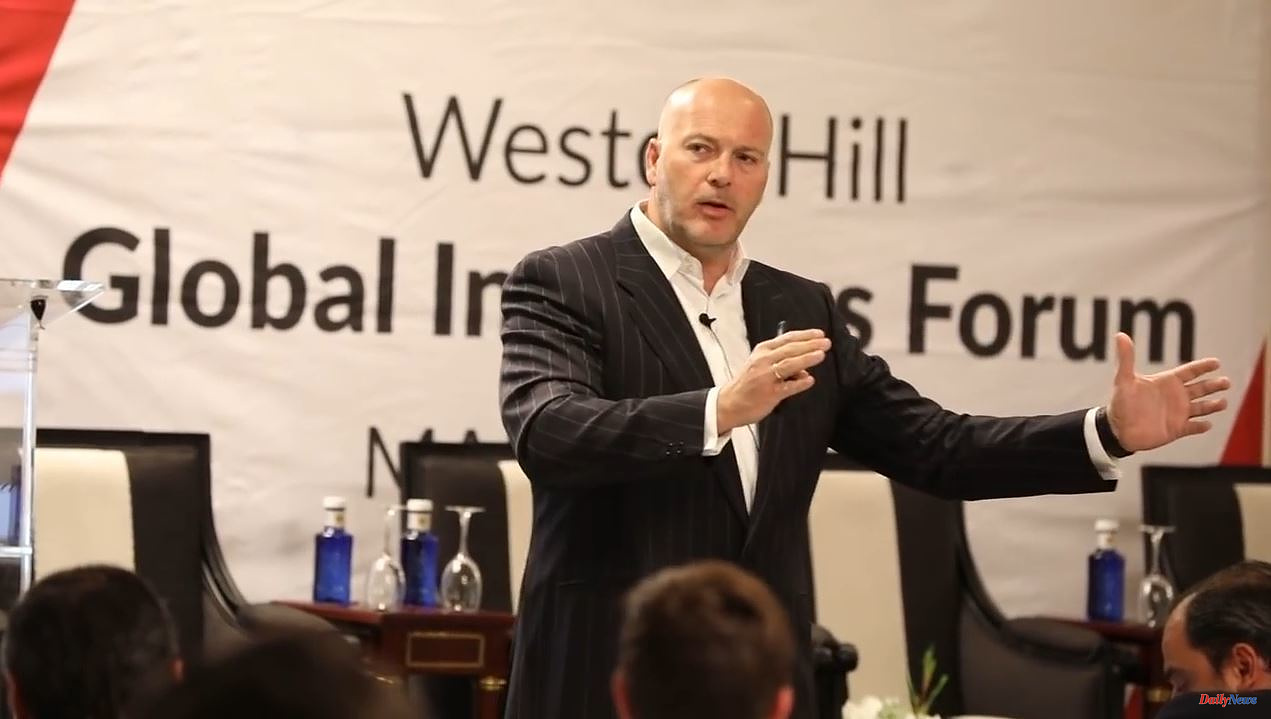The National Court has sentenced the five owners of the group of dental clinics iDental between 2015 and 2018 to between two and a half and five years in prison. It considers them guilty of a crime against Social Security and fines them up to 55 millions of euros. It also condemns the company administrator as a necessary collaborator in the crime.
The initial owners, between 2005 and 2017, are sentenced to three years in prison and a fine of more than 25 million euros. They are Antonio Javier García Pellicer and Vicente Castañer Blasco. For those who bought the business, Luis Sans Huecas and the brothers José María and Juan Garrido López, the penalty is five years in prison and a fine of more than 55 million.
For the necessary collaborator it is two and a half years and 36 million. The magistrates acquitted a seventh defendant, Domingo Bejarano.
The penalties are close to those requested by the prosecutor in the case, Pedro Martínez Torrijos. They were initially higher, but the Third Criminal Section estimates that there were undue delays in the investigation -the case was opened in 2018-, for which reason the sentence has been reduced.
Regarding civil liability, the ruling condemns the defendants to jointly indemnify Social Security with the amount not paid during their management: 8.5 million euros in the case of Pellicer and Castañer and 18.3 million in the case of the other four convicted, amounts for which the group companies must respond in a subsidiary manner.
The court chaired by Alfonso Guevara considers that under the management of the first owners, the companies that make up the iDental group stopped paying Social Security contributions, "using deceptive artifices" to do so, causing damage to security of 8.5 millions.
"Their conduct did not consist of the mere fact of not paying, but rather they achieved this end with a series of fraudulent maneuvers designed for that purpose that made it difficult both for the inspection work and for the collection of Social Security so that, while they were owners of the group iDental, Social Security was unable to collect all the fees owed by the group entities," the court states.
As proven in the trial, the court explains that the group "spent a lot of money on advertising while having debts with Social Security." The defendants claimed that it was to get more customers. "However," responds the court, "it does not appear from the rest of their behavior in relation to the income of the group that these were their intentions, since each time they captured a client, the financial companies paid them the amount of what was financed for work that they clinics should be developed in the future, but for now the money was in the group's accounts, the social security contributions were not paid, and while they and their wives received their salaries and distributed benefits".
With the new owners, defaults and deceptive artifices persisted, causing damage to Social Security of 18.3 million. In his case, the penalties are higher due to the continuous nature of the crime.
The ruling, for which Judge Ana María Rubio Encinas has been a rapporteur, "a plurality of actions constituting crimes of Social Security fraud executed in close proximity of time, since when they acquired iDental [...] they had no intention of paying the group's debt with social security, which amounted to 8,565,486.47 euros, more than what is strictly necessary to continue running the business, and they went ahead with the preconceived fraudulent plan, increasing that debt in less than a year to more than 18 million euros".
The sentence is not final. It can be appealed before the Appeals Chamber of the National Court and later before the Supreme Court.
According to the criteria of The Trust Project












